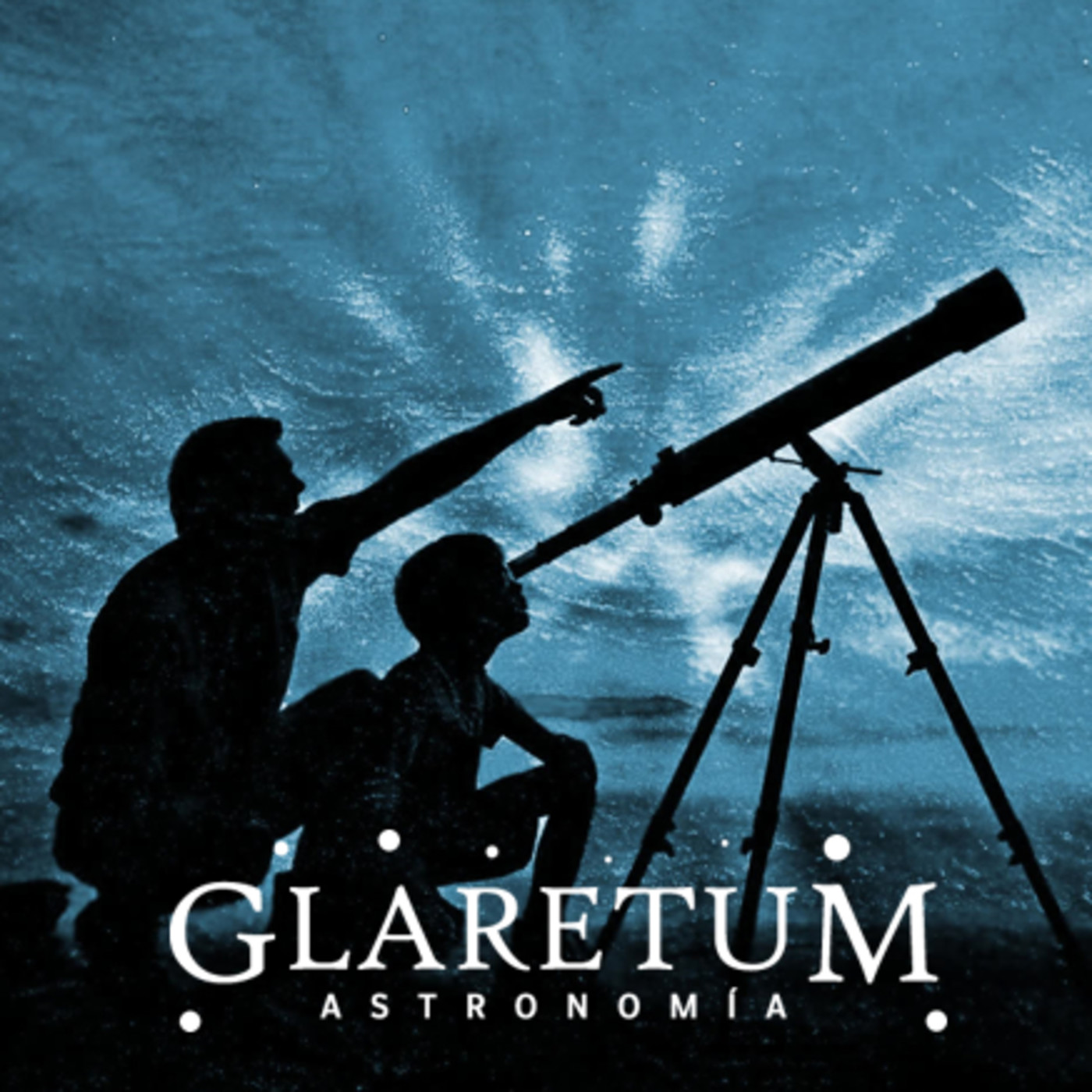

The European Space Agency’s Exobiology on Mars (ExoMars) program includes a series of missions designed to study the potential for past life on the red planet. The first phase ExoMars was the launch of the Trace Gas Orbiter in 2016. The next step for ExoMars is the delivery of the rover, Rosalind Franklin, to the martian surface. Rosalind Franklin is equipped with cameras as well as a drill that will allow the rover to drill up to two meters and collect data from the sub-surface of the planet.
An onboard laboratory will process samples and deliver them to three instruments. Minerals will be characterized by the MicrOmega instrument; a Raman spectrometer will provide data concerning mineralogical composition; and part of the Mars Organics Molecule Analyser (MOMA) will study and identify soil chemistry.
An onboard laboratory will process samples and deliver them to three instruments. Minerals will be characterized by the MicrOmega instrument; a Raman spectrometer will provide data concerning mineralogical composition; and part of the Mars Organics Molecule Analyser (MOMA) will study and identify soil chemistry.
Activity